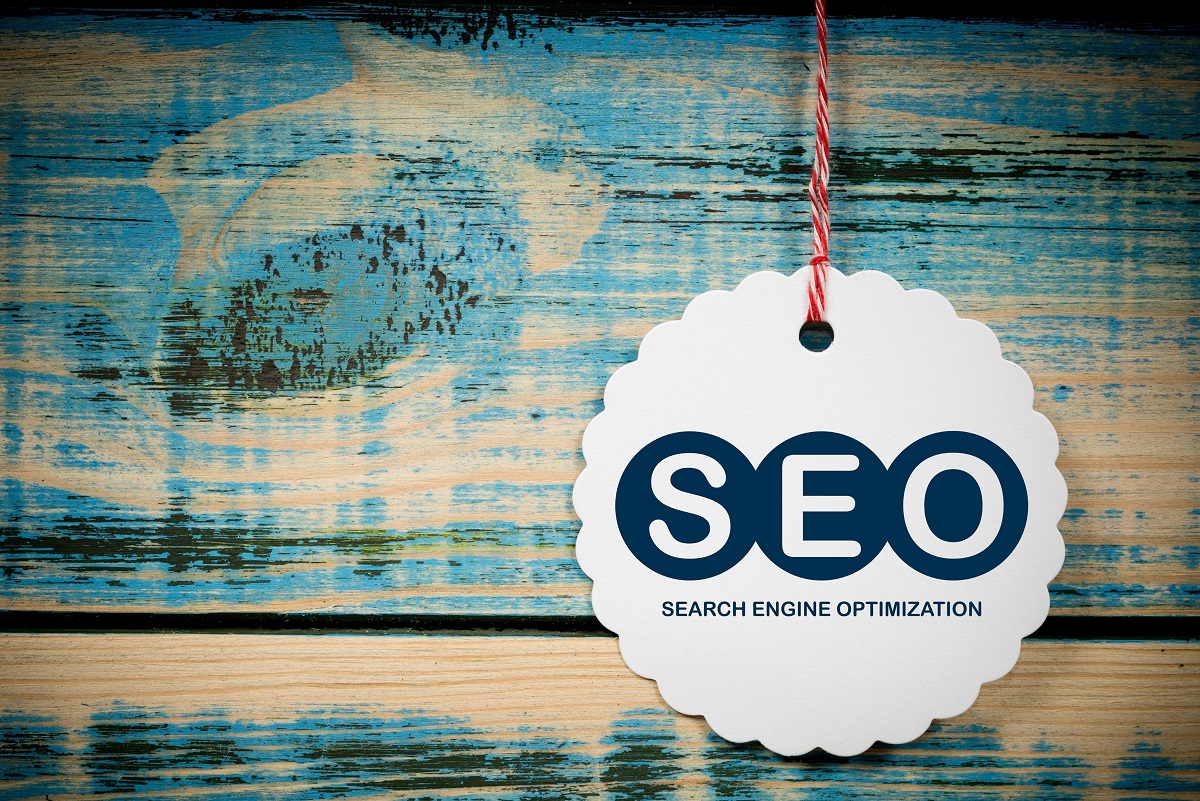How to Optimize Your WordPress Site for AEO in Boca Raton
Key Takeaways Why Boca Cares Beyond Google The Snowbird Query The FAU Student WordPress AEO Blueprint 1. Hyperlocal Schema 2. Neighborhood Content 3. Voice Search Tuning 4. Mobile-First Speed 5. Review Integration Essential Plugins For Local SEO For Site Speed For Schema Content That Answers Service Pages Community Guides Event Calendars Hurricane Season Strategy Pre-Storm Content Post-Storm Updates Building Trust Measuring Success Tracking Local Rank Analyzing User Intent Monitoring Voice Queries Conclusion Frequently Asked Questions What does AEO mean for local businesses in Boca Raton? Why is WordPress a good choice for Boca Raton businesses aiming for AEO? Which plugins help boost AEO on WordPress sites in Boca Raton? How can I make my WordPress content answer local questions? Why is hurricane season important for Boca Raton websites? How do I measure AEO success for my Boca Raton WordPress site? What makes content trustworthy and helpful for Boca Raton audiences? Key Takeaways Tailoring your WordPress AEO Boca Raton strategy to Boca Raton takes an insider’s knowledge of the local culture, seasonal population shifts, and requirements of both locals and tourists. Hyperlocal schema markup, neighborhood-centric content, and voice search optimization are essential tech initiatives for AEO Boca Raton. With mobile-first speed and customer reviews on your site, you will connect with users and the Boca Raton community will trust you. Must-have plugins for local SEO, site speed, and schema are necessary because you need to target regional search intent. Building posts around snowbirds, FAU students and hurricane seasons makes sure your content continues to resonate with locals. By consistently monitoring local rankings, user intent, and voice queries with analytics tools, you can continuously optimize and see measurable growth in Boca Raton’s competitive digital landscape. Best way to optimize WordPress for AEO Boca Raton. Boca Raton web visitors are looking for local, nearby services, so include that city in your keywords and add Google My Business links. Easy layouts keep visitors engaged. Fast load times are important for mobile users in South Florida. To optimize WordPress for AEO, implement schema markup for local information and maintain fresh content. The steps below detail each component. Why Boca Cares Optimizing WordPress for AEO in Boca Raton means knowing how the city’s culture, climate, and changing demographics influence user needs. Boca is known for its relaxed lifestyle, great community, and bustling market on both sides of the vendor stall with locals and visitors alike. Customizing for these patterns builds trust and helps elicit deeper engagement. Beyond Google Most Boca Raton residents have been using Bing, DuckDuckGo, and Yahoo, particularly seniors or those concerned about privacy. Yelp and TripAdvisor are a big deal for local food and service reviews. Facebook, Instagram, and Nextdoor pull in locals and tourists looking for quick information on local hangouts and discounts. These channels allow you to publish live updates about events or business specials, which can boost your local visibility. Voice search is growing rapidly, particularly on mobile. They seek directions, hours, or the best local restaurant. Easy, straightforward copy makes it easier for voice assistants to find your pages. Different platforms inform how you do local SEO. Yelp is about reviews, Instagram is about visuals, and Facebook is about community events. The more you personalize across these choices, the better your WordPress site tracks for Boca’s varied audience. The Snowbird Query Every winter, seasonal visitors—snowbirds—introduce big change to the local market. They often search for: “Best Boca Raton restaurants for winter visitors” “Short-term rentals near Mizner Park” “Golf courses open in December” “Local medical services for seniors” “Seasonal events in Boca Raton” Boca Cares: Why Boca Cares Update your services and products on your site to display seasonal offers, such as winter rates or short-term memberships. They will be searching for terms like “temporary Boca Raton resident” or “Boca Raton snowbird specials.” These actions make your company shine in the most hectic times. The FAU Student FAU gives the city a young, energetic population. They’re curious about cheap housing, internship opportunities and the club scene. Blogs with rental tips, guides to local hangouts and student discount lists make your WordPress site a genuine resource. Partner with local businesses to provide deals, then advertise them on your site and via Instagram Stories or campus Facebook groups. Social media allows you to reach students quickly. Post campus events, local meetups, or new menu items for late night study sessions. A living content plan that covers student housing, things to do, and where to eat will keep your site relevant to the FAU crowd. WordPress AEO Blueprint WordPress AEO Boca Raton in one simple, step-by-step process. Each step naturally leads to the next and aims for improved search visibility, user experience, and local relevance. Audit your current schema markup. Pick and install a WordPress JSON-LD plugin. Add hyperlocal schema focused on Boca Raton neighborhoods. Create neighborhood content using local keywords and guides. Optimize for voice search with conversational and question-based content. Speed up mobile performance with image compression and caching. Integrate and manage customer reviews. Monitor analytics and user behavior to refine your strategy. 1. Hyperlocal Schema Add schema markup using JSON-LD to your WordPress site’s <head>. Use a plugin designed specifically for JSON-LD, but choose carefully as plugin conflicts are frequent. Certain plugins bloat your site, particularly on shared hosting, where complicated schema can contribute up to 800 milliseconds to TTFB. Specifically, concentrate on Schema.org vocabularies for local businesses. One of our latest tests in Boca Raton demonstrated a 25% boost for local sites employing these vocabularies in AI search. Maintain your business hours, address, and services current in the schema and test it frequently as your information changes. Debugging problems means disabling plugins one at a time, so budget additional time if conflicts occur. 2. Neighborhood Content Cover neighborhoods such as Mizner Park, Royal Palm Place, and Boca West. Boca Raton-specific keywords include what Boca locals might search for, like “best coffee shop in East Boca” or “Boca Raton beach parking.” Highlight local events, happenings, and hot new places. Publish










